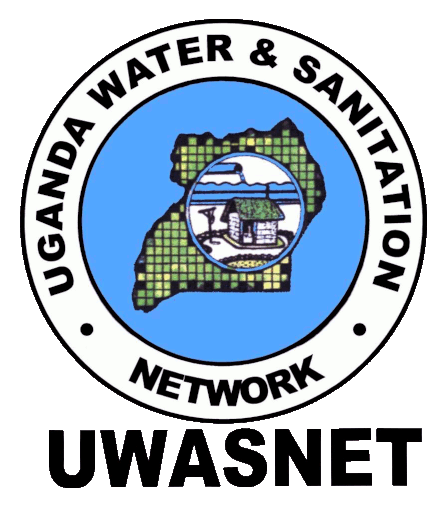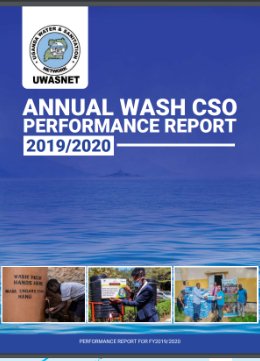Your Profile & Case Study
Your experience is valuable and you may wish to publish a best practice or case-study article in our annual CSO report.
To download a copy of the current report, click here. You will see members’ case studies and profiles.
To submit a best practice case study in the next CSO report, click here
To submit a profile of your organization in the next CSO report, click here

